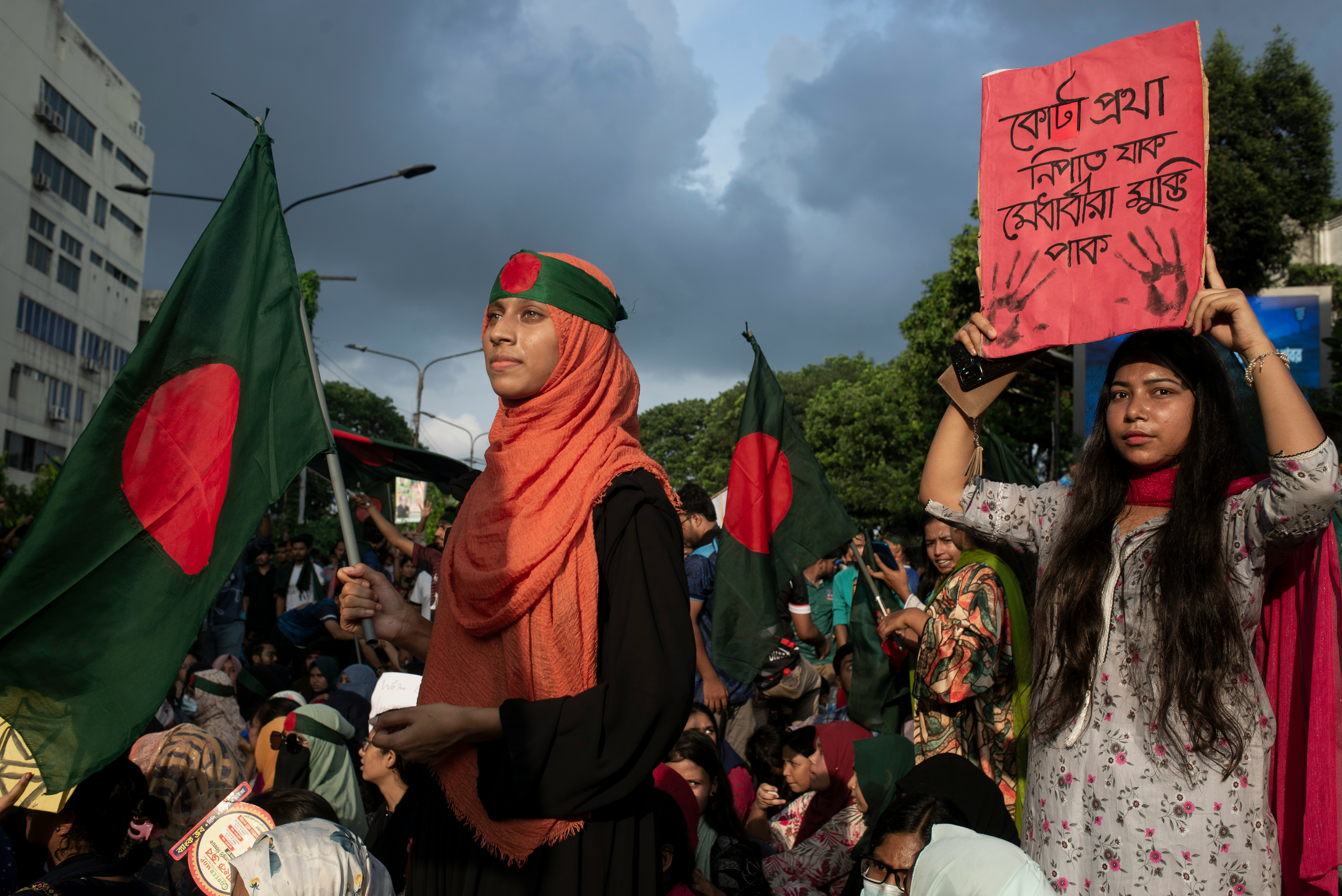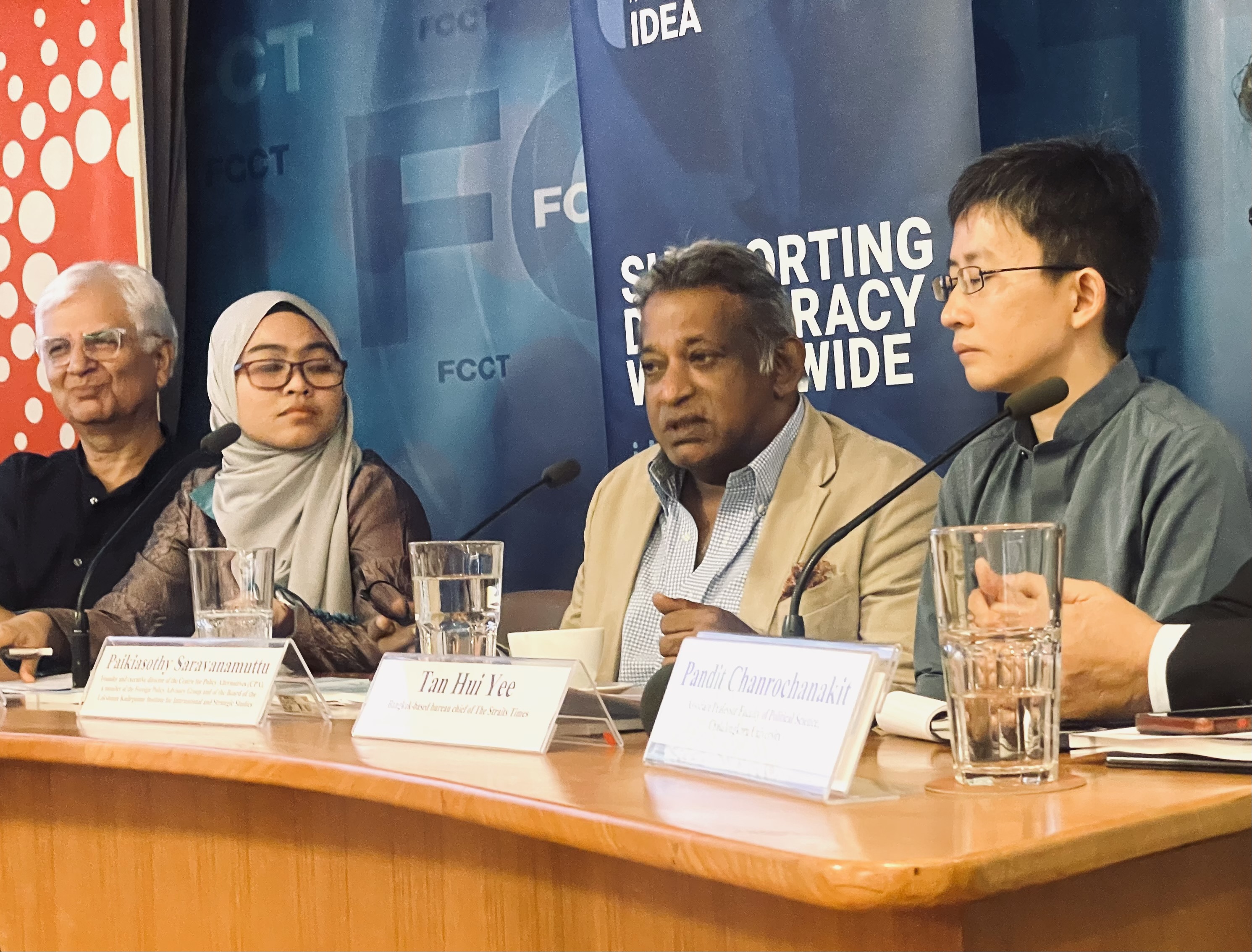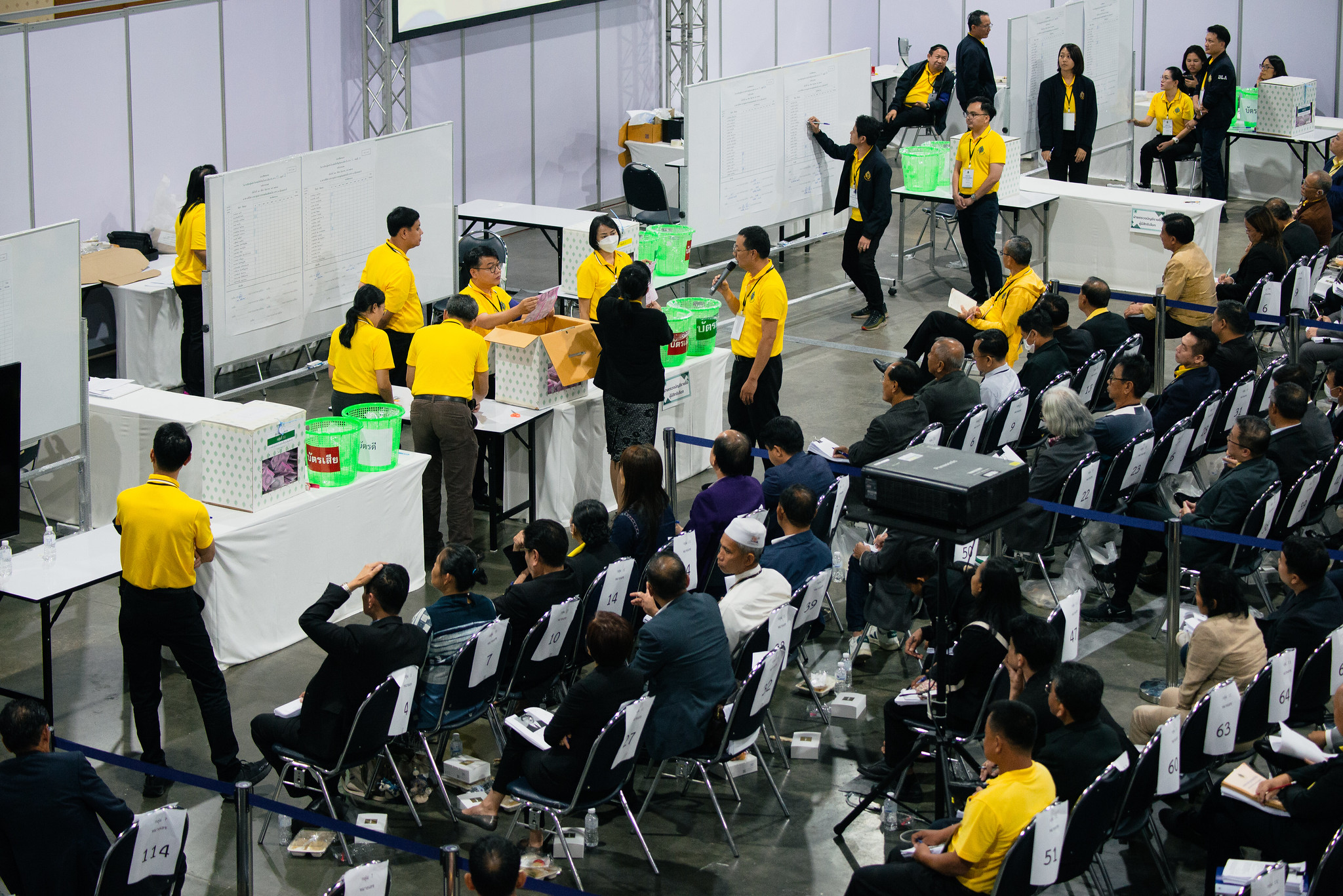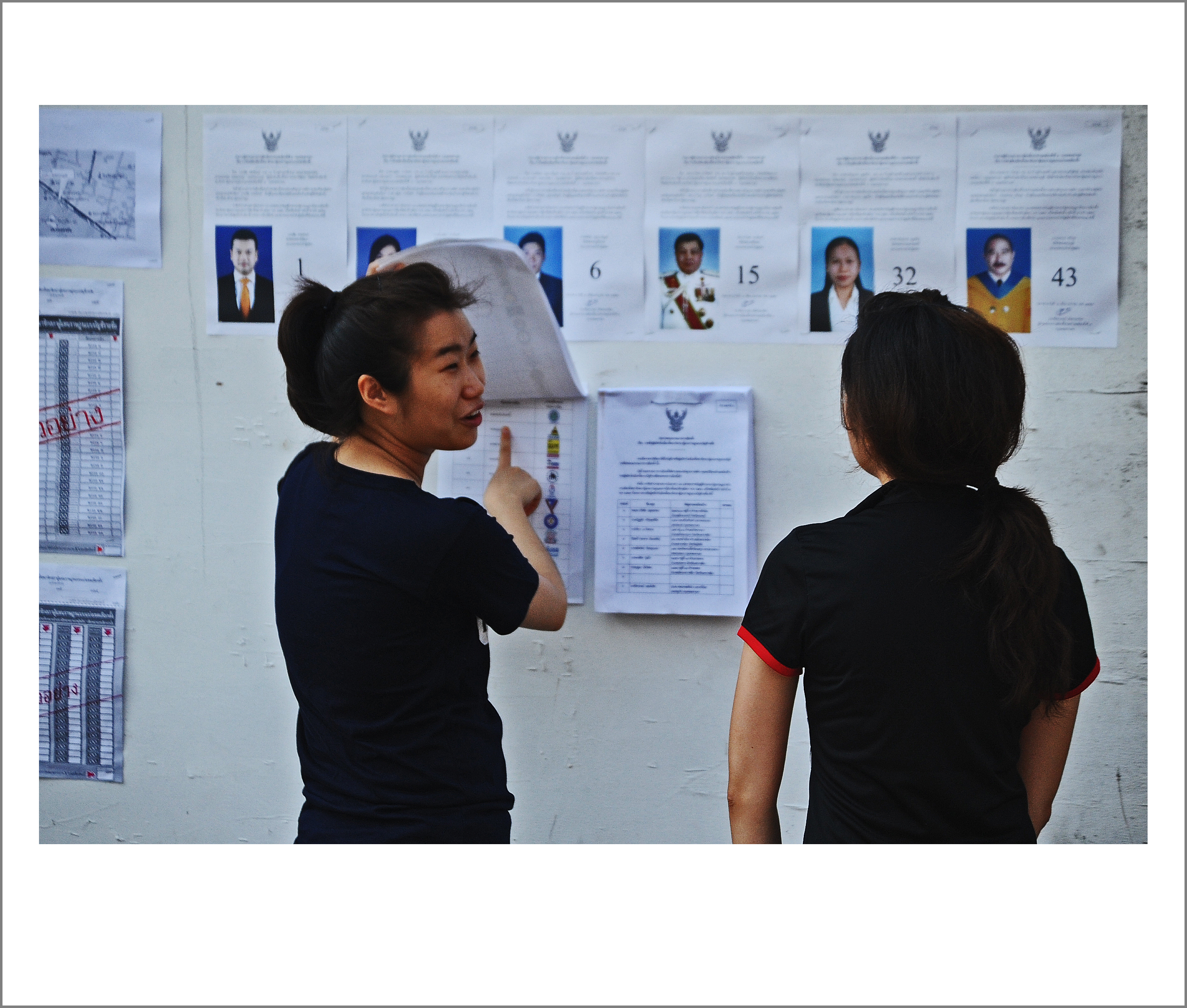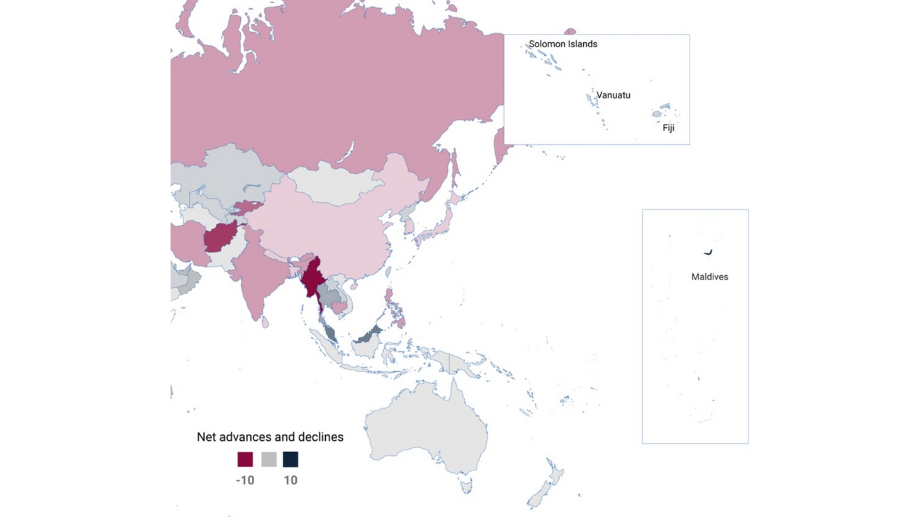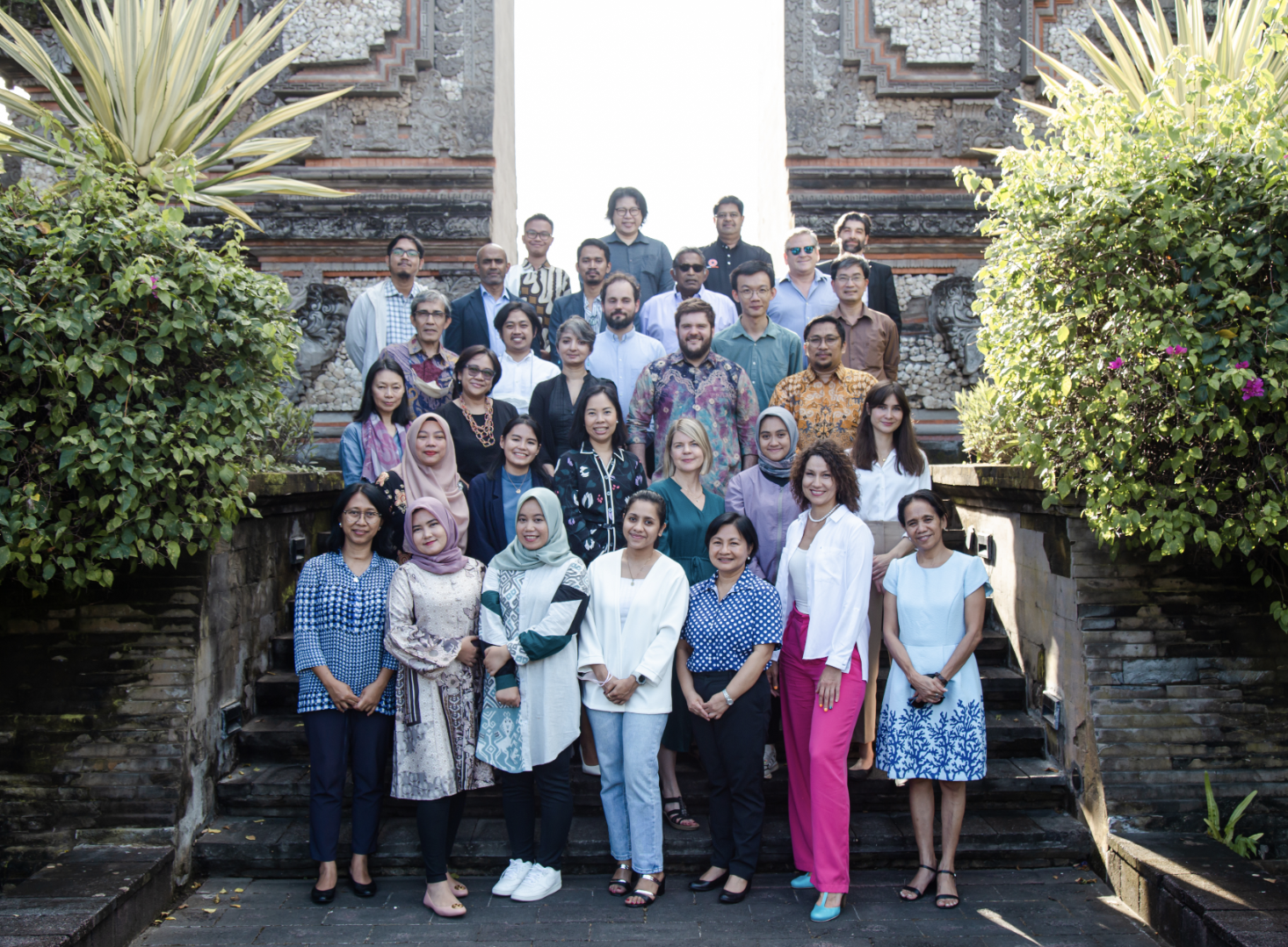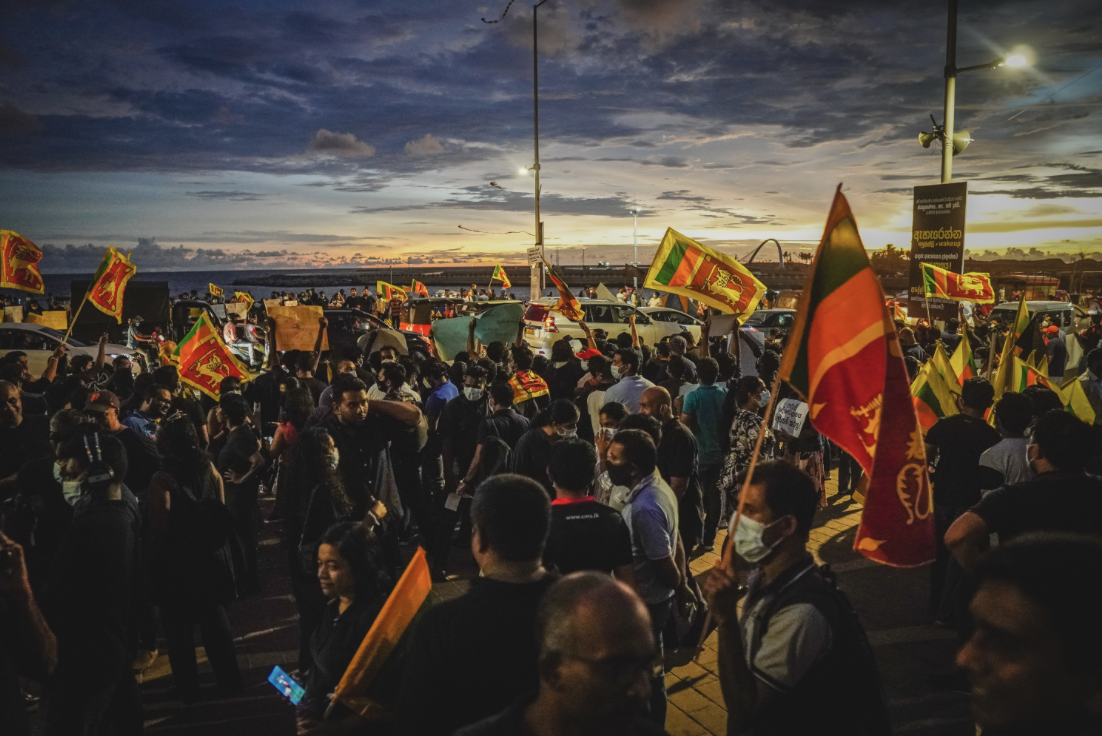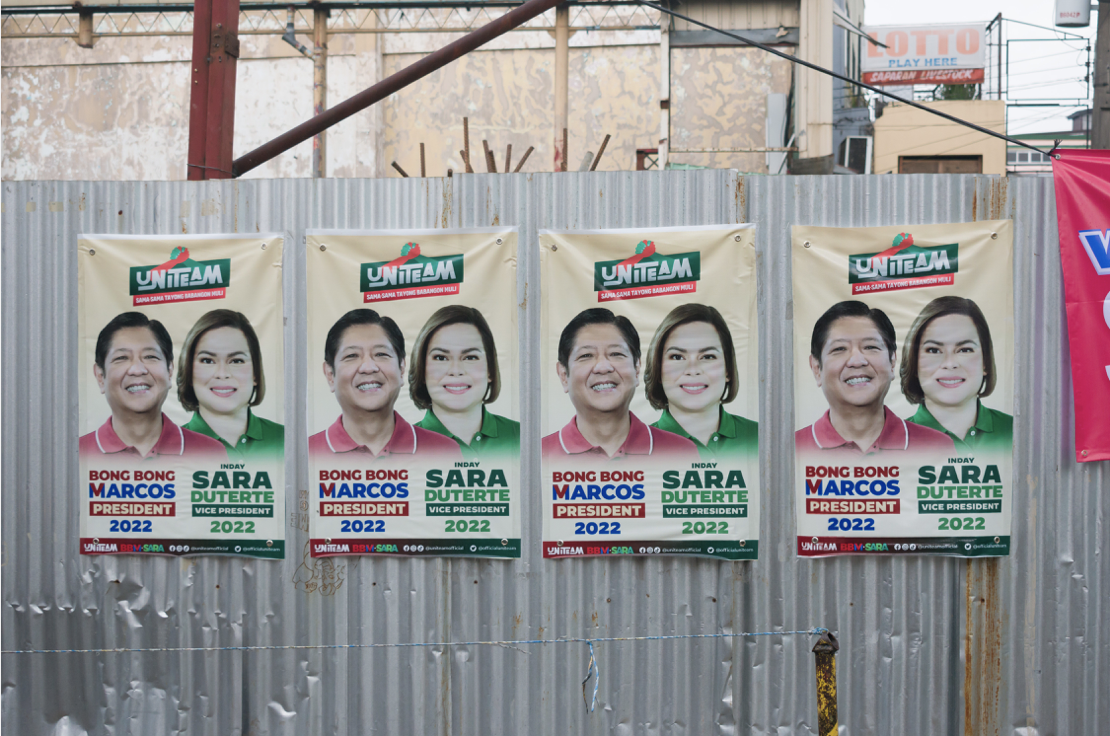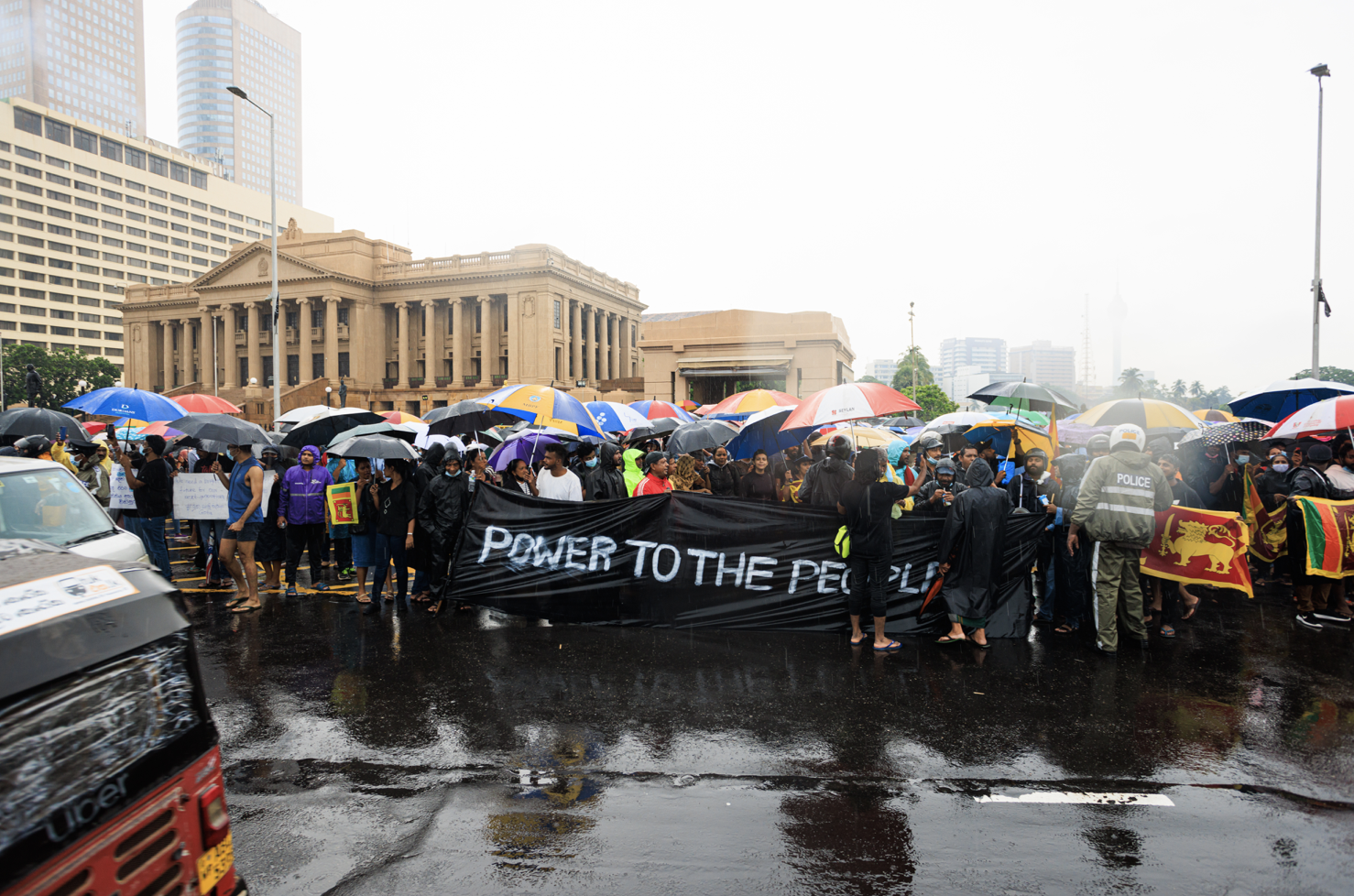Asia and the Pacific
The first half of 2025 in Asia and the Pacific saw six national elections, historic legal processes in South Korea, the arrest of former Philippines President Rodrigo Duterte on charges of crimes against humanity and multiple attacks on and prosecutions of journalists across the region. The question of democratic resilience—the ability of democratic systems to adapt and recover from authoritarian decline—is once again salient. Bangladesh, Indonesia and South Korea are laboring through disparate rule of law crises, and an array of countries throughout the vast region contend with declining protections of the civil liberties that may be key to keeping democracy functioning and delivering.
Emerging patterns
Representation
Over the past six months, the region saw a mix of advances and declines in Representation that have impacted governance, electoral integrity and the freedom of political parties. While some countries strengthened their electoral systems – such as the Philippines implementing online voting for overseas citizens and Australia passing significant campaign finance reforms – others are grappling with increasing restrictions on political activities and a centralization of power.
In Bangladesh, the interim government suspended its former ruling party’s registration under anti-terror laws amid a trial over the 2024 anti-government protests. On a brighter note for Free Political Parties, the Indonesian Constitutional Court lowered the presidential nomination threshold for parties, potentially paving the way for a more pluralistic electoral landscape.
There were also notable declines in Effective Parliament. For instance, in Kyrgyzstan, new legislation further concentrated authority in the presidency, while in Indonesia, the legislature granted itself excessive oversight powers over the executive branch. A similar pattern of legislative overreach in Taiwan triggered a civil society-led recall movement, which could potentially restore the ruling party’s control of the legislature in 2025, or lead to further political gridlock.
Elections
Six national elections took place in Asia and the Pacific in the first half of 2025: five parliamentary (Singapore, Australia, Philippines, Tajikistan, Vanuatu) and one presidential (South Korea). Voter turnout averaged 83.5 per cent in the 2025 elections, up from an average of 77.9 per cent in the previous elections. Among the parliamentary elections, female representation increased from 24.9 per cent to 27.4 per cent. Australia’s federal election delivered a landslide win to incumbent Anthony Albanese’s Labour Party, as well as gains for women’s representation in parliament and cabinet. South Korea’s snap presidential election resulted in incumbent turnover, with Lee Jae-myung of the Democratic Party securing victory, following the former president’s abrupt declaration of martial law and consequent impeachment in 2024-2025.
Rights
The region continued to face significant challenges to Freedom of Expression and the Press during the past six months, a trend which mirrors global declines. High profile attacks and prosecutions of journalists occurred in Indonesia, Malaysia, Kazakhstan and Kyrgyzstan, and broader legal infringements on these freedoms occurred in Kyrgyzstan, Nepal, Papua New Guinea and Pakistan. Developments in Civil Liberties were not uniformly negative – Malaysia eased restrictions on public protests in February, and in May Tajikistan decriminalized ‘likes’ and ‘reposts’ online of material deemed objectionable by the state.
Conversely, there were several positive developments in Access to Justice. These included the high-profile arrest of former Philippines President Rodrigo Duterte on charges of crimes against humanity and New Zealand’s criminalization of wage theft. Papua New Guinea saw in March the first conviction of a ‘glasman’, an individual who makes accusations of sorcery that may result in rape and murder.
Women’s and LGBTQIA+ rights were once again in flux across the region. Australia’s May federal election saw increases in women’s representation in parliament and in the cabinet, in part due to the Labor Party’s gender quota. Earlier in the year, the government also announced a major investment in women’s health, as did Thailand’s in transgender healthcare. New Zealand’s parliament narrowed the scope of the country’s landmark pay equity legislation in May, and in April Vanuatu began discussing a constitutional amendment to recognize only two sexes assigned at birth.
Rule of Law
The region has been the locus of three major Rule of Law processes: Bangladesh’s post-Hasina regulatory and legal reforms, South Korea’s legislative and judicial responses to former President Yoon Suk Yeol’s failed coup, and the return of the military to public life and expansion of executive authority in Indonesia under President Prabowo Subianto. South Korean parliamentarians and the general public acted swiftly to defuse the immediate crisis caused by Yoon’s declaration of martial law in December 2024, and the country’s courts followed suit in the first half of 2025 by removing obstacles to current President Lee Jae-Myung’s candidacy for the presidency and upholding Yoon’s impeachment. In this regard, South Korea’s democracy shows signs of resilience, demonstrating that the legal foundations established over the last four decades will not be easily shaken. In Bangladesh, a series of reform commissions are proposing changes to wide swathes of state institutions, buoyed by demands expressed through popular protests, including reforming the judicial appointment process. Ultimately, it remains crucial to monitor how these so-called democratic turnarounds are sustained amid ongoing reform and legislative efforts. Only then can genuine democratic resilience be established in preventing similar authoritarian threats in the future.
Participation
This category saw the fewest coded events in the first half of 2025. The Democracy Tracker noted record high turnout in Vanuatu’s January snap election and the Philippines’ midterm elections in May. Human rights lawyers in the latter noted increased pressure on Civil Society through a nearly fourfold increase in ‘terrorism financing’ investigations against civil society organizations and human rights defenders.
Looking ahead, key developments to watch include the impeachment and corruption investigations against Vice President Sara Duterte in the Philippines in the aftermath of the midterm elections. The aftermath of Taiwan’s recall movement will influence the balance of power in the legislature, influencing Representation, Rule of Law and Participation in the latter half of 2025.
Meanwhile, Myanmar’s military junta is planning to hold “elections” in December 2025, widely viewed as an attempt to manufacture international legitimacy and likely to entrench military rule further. Additionally, the legitimacy of transitional justice processes in Nepal, as well as Bangladesh’s progress on electoral reforms and prosecution of those involved in the July 2024 uprisings ahead of 2026 elections, will also be essential to watch, impacting Access to Justice and Representation more broadly.
Factors of Democratic Performance
Scores represent regional averages in 2024.
*Data represents an average of the entire region
Number of events reported
See the most frequently impacted categories of democratic performance over the last six months
Most impacted factors of democracy
| Civil Liberties |
|
18x |
| Access to Justice |
|
12x |
| Political Equality |
|
12x |
Critical Events
- Bangladesh - May 2025 | Interim government bans Awami League activities under anti-terror law
- Sri Lanka - April 2025 | Parliament passes landmark anti-corruption and asset recovery act
- Philippines - March 2025 | Former President Duterte charged with crimes against humanity
- Indonesia - February 2025 | Concerns raised over the military’s return to politics
- Cambodia - January 2025 | High-profile opposition politician assassinated
- New Zealand - January 2025 | Mount Taranaki (Taranaki Maunga) granted legal personhood
Specially Tagged Events
Democracy Notes
Archive
See past regional pages or use the archive to design a customized search to find exactly what you are looking for.
